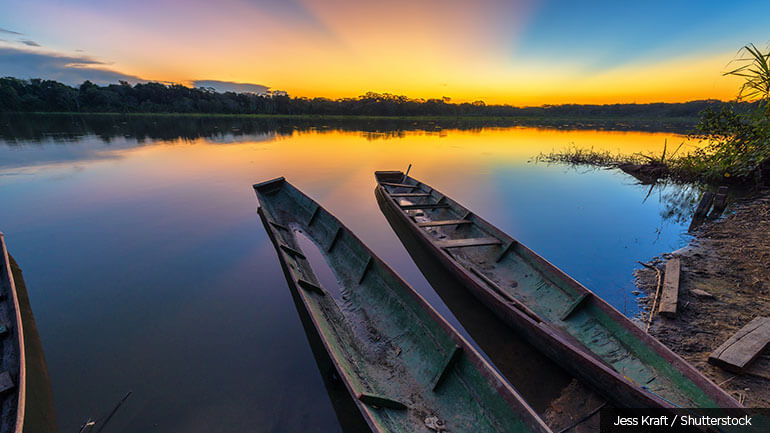
Bolivia is a diverse and ecologically rich country. The country is known for its landscapes ranging from the Andes Mountains to the Amazon rainforest. However, it is grappling with severe deforestation and land degradation driven by agricultural expansion, slash-and-burn practices, and wildfires, especially in the Amazon and Chiquitania regions. Climate variations are worsening these issues. Since 2011, uncontrolled wildfires in the Chiquitania region of Santa Cruz have burned 500,000 hectares annually. The 2019 mega-fires alone affected at least 3 million hectares of land, causing significant biodiversity loss and ecosystem damage.
To enhance sustainable landscape management, environmental conservation, and the well-being of Indigenous communities, PROGREEN is funding the "Sustainable Forest Management in Bolivia” knowledge program. This initiative aims to improve the enabling conditions for ecosystem services restoration, sustainable landscape management, and resilient food systems in the Chiquitania ecoregion. The program adopts a holistic and integrated strategy, combining stakeholder engagement, legal reforms, technical innovations, and knowledge dissemination. It involves conducting community consultations and forming a Technical Working Group to resolve land conflicts and strengthen legal frameworks. Advanced tools such as community-based mapping are used for accurate land classification and claim verification. Capacity building focuses on Forest Land Use Planning, while policy changes are promoted through knowledge exchange at national and international levels. Overall, the initiative aims to develop inclusive and effective solutions for land tenure challenges and promote sustainable forest management practices.
This knowledge program has made significant progress to date. The initiative successfully conducted the “Forum for the Forests of Chiquitania” in April 2023, leading to a key agreement between the GADSC, municipalities, and APMT to enhance forest governance. The program's tools for updating municipal land-use plans and integrating ecosystem services valuation and fire forecasting were developed and implemented, with assessments of land tenure conditions completed as planned. Financial mechanisms were analyzed, and recommendations were made for revising fiscal incentives, while a detailed review of market demands for sustainable products was also completed. Community capacity-building efforts validated and disseminated best practices for silvopastoral and agroforestry systems, which were documented and integrated into the final report. Finally, the program identified intervention levels and associated costs for restoration actions in the Chiquitania and Chaco regions, and designed an effective implementation mechanism, which was socialized with relevant authorities. Overall, the program has made substantial strides in promoting sustainable landscape management and enhancing ecosystem resilience in Bolivia.